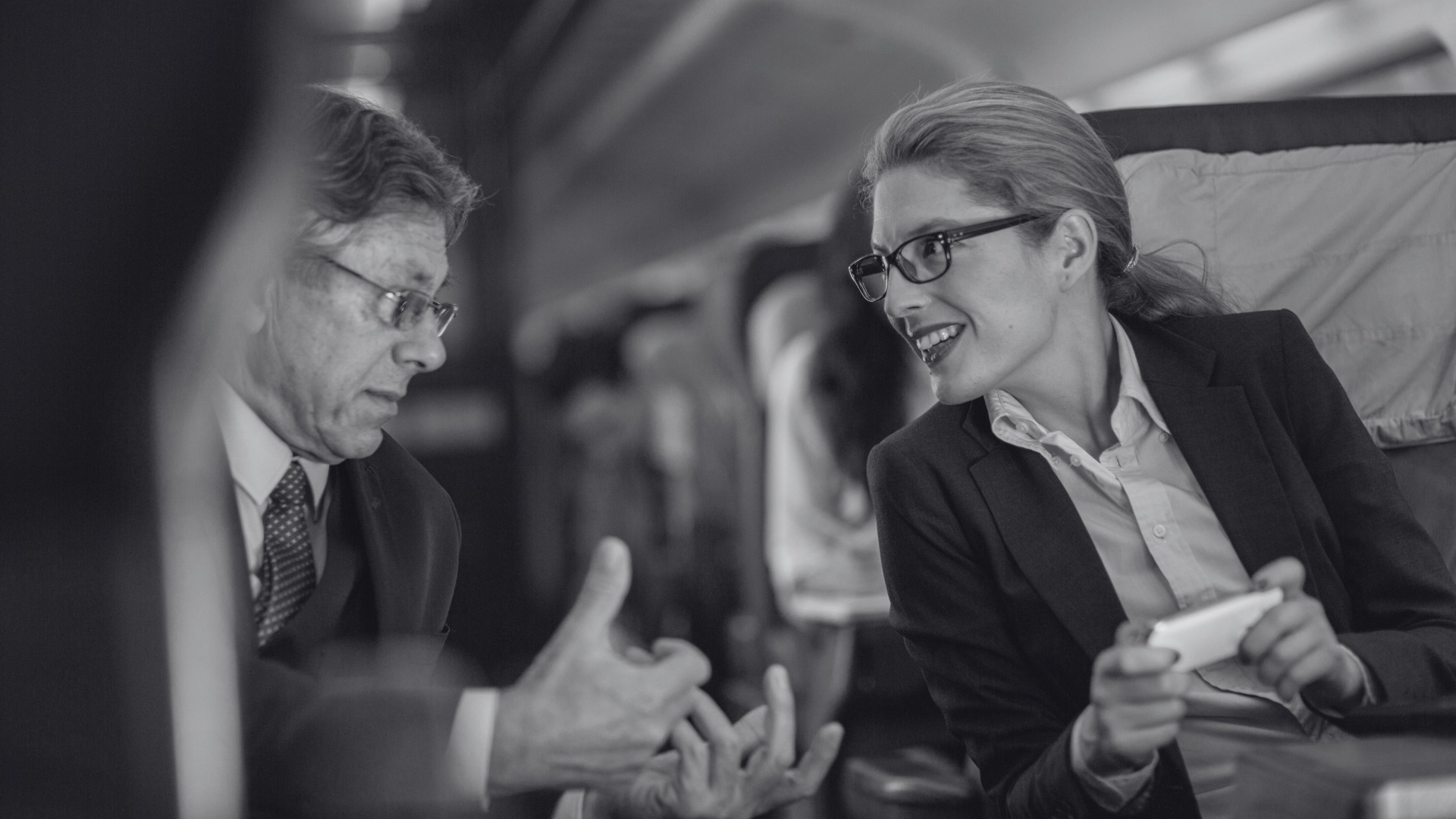At this moment in time, when we are witnessing such turmoil in our public arena with such vitriolic dialogues among people across leadership and at every level in our nation, I ask for a change. I know we cannot stop en masse all on a national basis, but we can do something closer to home. The world would be a much better place. Whether we hold leadership roles or are just members of various organizations, churches, synagogues, community governing boards – we should strive to model and to facilitate civil discourse within our local communities as we listen to the various sides of an issue.
I recently read James and Deborah Fallows’ book, Our Towns, which highlights those communities who have worked across politics and a wide range of interests / differences to create vital communities — so we know it is happening around our country and it is possible.
My long-time mentor and dear friend Lou Gambaccini, who died recently, modeled such behavior. As we reflected upon his legacies at this year’s APTA conference, we talked about Lou’s commitment to civil discourse and to leading active public engagement. To his dying day, Lou called for such a commitment.
Lou Gambaccini, while a legend in the transportation industry nationwide for decades, was also known for his passion for civic engagement in a thoughtful open manner about the issues of the day. Not only did he always advocate for that throughout his life, he modeled that when he served as a leader in public service for over 40 years. Lou believed at his core, that the broad body politic, when informed and engaged in dialogue of the issue of the day, would often arrive at the optimum solution. As he reshaped the state of transportation in NJ in the late 70s / early 80s, he actively engaged a wide range of stakeholders across the state to hold active discourse about the state of the transportation system. He and his team, which I was part of, worked to provide thoughtful analysis of the problems and issues to help gain support for addressing the challenges of the transportation system at the time supporting increased funding and the establishment of a new institution.
He asked me before he passed away to tell that story as he truly believed that case study merits review at this time of very little public engagement and civil discourse. Yes, Lou, we will continue to advocate for such an approach in our public lives… in working to make our communities “shining lights on the hill!”
He frequently cited from The Oath of the Athenian City-State:
We will strive for the ideals and sacred things of the city, both alone and with many;
We will unceasingly seek to quicken the sense of public duty; We will revere and obey the city’s laws;
We will transmit this city not only not less, but greater, better and more beautiful than it was transmitted to us.
Our work to honor his legacy and advocating for such behavior is what I will continue to do, both personally and professionally. It seems like desperate times, but does not call for desperate measures – this is a model that began as early as the 4th Century B.C.
We know from Lou’s public life and the great cases that the Fallows’ book celebrates — there is a better way. The communities and organizations that choose such a course find positive outcomes and provide quality places to live and work.
This may be the eve of an election, but this message is not political. It is personal and should be to all of us — our communities can not thrive with such divide. It is time to remember civil discourse.
I ask for all to make an effort to do that, both where you live and where you work. If we all do our small part, we can make positive changes across our communities, states and nation.

